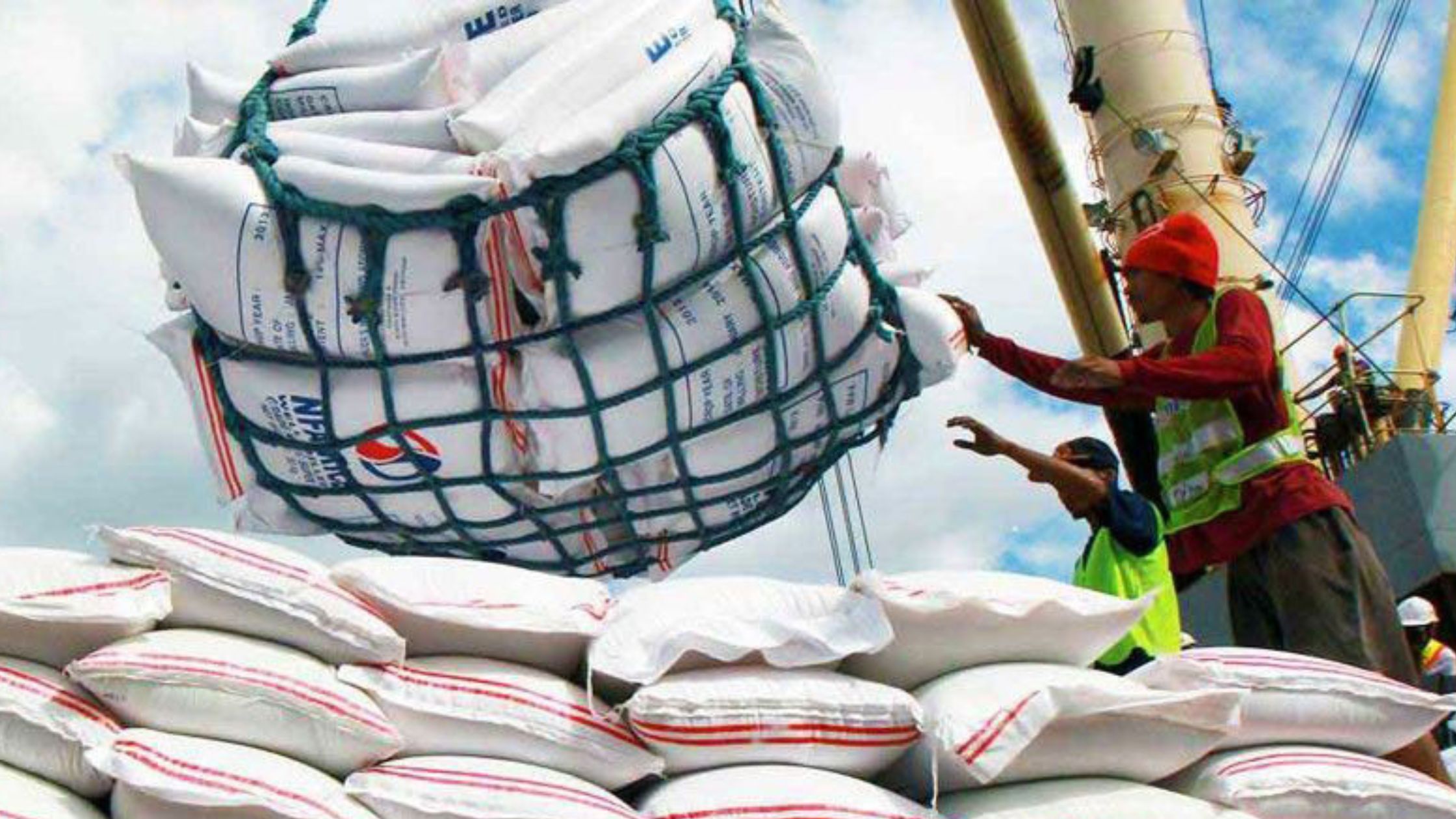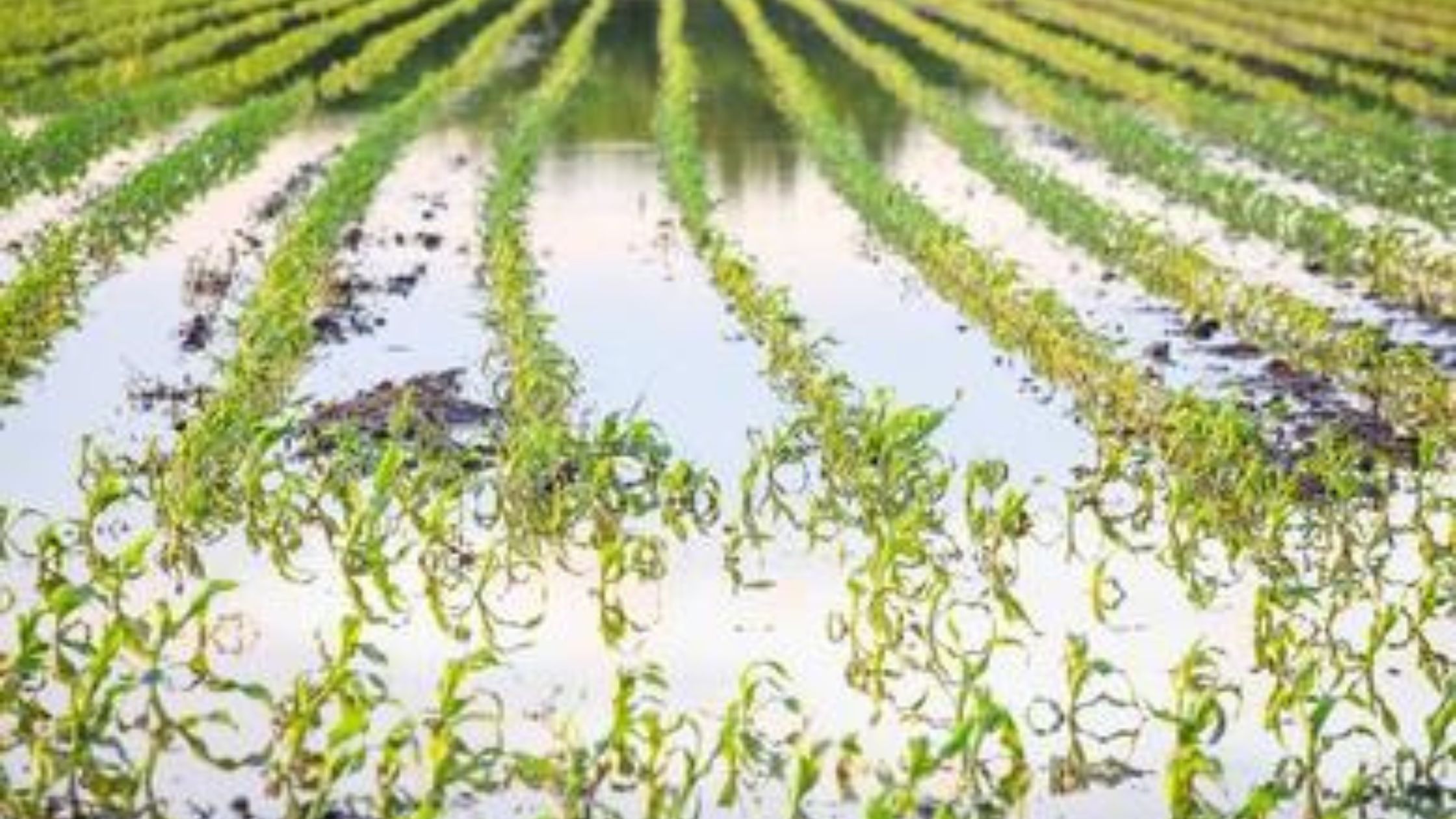Business News
Nigeria’s Rice Importation falls by 98.4% in 7 months
Between January and July 2022, Nigeria’s Rice Importation falls by 98.4% in 7 months to 15 metric tonnes, according to the Thai Rice…

- Nigeria’s Rice Importation falls by 98.4% in 7 months
- An embargo to boost local production
- Flooding puts gains at risk
Nigeria’s Rice Importation falls by 98.4% in 7 months. Between January and July 2022, the amount of rice imported decreased by 98.4% to 15 metric tonnes, according to the Thai Rice Exporters Association (TREA), one of the major rice exporters in the world. This information is based on data from TREA that RNN has privy to for the period of January to July 2022.
Nigeria’s rice imports from the association dropped to their lowest level ever during the assessment period, despite rice importers only spending slightly more than a million Thai Baht. Nigeria spends 15 million Thai Baht and a total of 30 million for the entire year in the corresponding period of 2021.
Following federal policy measures to cut importation and boost domestic production for export reasons, Nigeria’s imports of rice have declined dramatically in recent years.
From 1.24 million metric tons of rice in 2014 to 244,131 metric tons in 2015 to 58,260 metric tons in 2016, there has been a dramatic fall, according to historical data. Since then, the importation of rice has continued to decline. This came after the inclusion of rice in the list of 41 goods from the CBN’s Foreign Exchange Window that was ineligible for foreign exchange.
An embargo to boost local production
41 imported goods, including rice, were banned from seeking external currency through the official window in 2015 by the CBN operating on behalf of the Federal Government. Additionally, rice imports through land borders were restricted by the government, while imports through ports continued to be subject to a significant 70% duty. These measures were adopted in an effort to limit importation and promote local production.
The Food and Agriculture Organization of the United Nations (FAO) and the Organization for Economic Co-operation and Development (OECD) both report that Nigeria consumed 7.96 million metric tons of rice in total in 2021 compared to local production of 5.29 million metric tons, leaving a 2.66 million metric tons deficit.
Due to the government’s efforts to increase domestic rice production, there has been a major development in recent years which has caused Nigeria’s Rice Importation falls by 98.4% in 7 months. local rice production is expected to reach 5.29 million metric tons in 2021, the greatest annual rice harvest on record. Though, because of a sudden increase in domestic rice consumption has caused the supply gap to widen.
Despite official efforts to impose restrictions on these unauthorized importations, there have been reports of rice being smuggled into the nation across land borders. About 2 million metric tons of rice are imported or smuggled into the nation, according to a 2021 report by the Senate Committee on Agriculture.
READ MORE: More bags of rice smuggled under Buhari presidency- Senate laments
Flooding puts gains at risk
The country’s ongoing flooding is currently threatening the recent advancements made in Nigeria’s rice processing sector. Olam’s rice field, valued at over $15 million, was swamped by the floodwaters, severely harming this year’s rice production.

Nigeria’s Rice Importation falls by 98.4% in 7 months: Flood destroys crops at Olam’s rice field
As a result, the cost of a 50kg bag of domestic rice in significant markets in Lagos State and other parts of the country has increased to above N37,000. Similar to this, a 50kg bag of imported rice is already selling for an average of N40,000 due to a shortage of supply and an increase in demand, particularly with the approaching Festive season.
Given the significance of rice in Nigeria’s food supply chain and the ongoing restriction on the importation of foreign rice across land borders, Nigeria is at risk of going through a food crisis.
In an effort to protect themselves from potential price increases later in the year, Nigerians are currently buying bags of rice in a panic. Given the increase in demand during that time, RiceAfrika Technologies’ founder and CEO Ibrahim Maigari Ahmadu forecast that the price local of rice could reach N40,000 by the end of the year.
